See Differently. Support Differently. Discover the Power of Possibility.
If you’ve ever searched for ways to support children with ADHD, autism, learning disabilities, or other neurodiverse profiles in a Montessori setting, you’ve likely encountered strategies that seem designed for another system—strategies “layered” onto Montessori rather than aligned with it. Perhaps you’ve felt that meeting the diverse needs of the children you serve is overwhelming or sensed a disconnect between the Montessori approach and the interventions being recommended.
The Power of Possibility offers a different path—one rooted in education as an aid to life. This approach invites us to see differently, support differently, and uncover what is possible when Montessori’s principles guide our inclusion, support, and intervention practices.
This 5-session workshop introduces the Power of Possibility framework and the Keys & Bridges model—practical tools for reimagining inclusion in Montessori environments. Unlike traditional intervention models, which often focus on correcting behavior or remediating “deficits,” The Power of Possibility equips educators to:
• Recognize all behavior as communication—a message about needs, drives, and self-construction.
• Prepare environments that are agile, adaptive, and aligned with developmental needs.
• Honor each child’s unfolding process of becoming, rather than imposing a fixed path.
• Build inclusive systems where support is woven into the daily life of the classroom— not added on as a separate program.
When we embrace Montessori’s vision of education as an aid to life, we see that a fully prepared environment already holds the conditions for every child to thrive—without parallel systems or add-ons. These environments, intentionally designed and tended, nurture autonomy, competence, and belonging for all children, regardless of ability, difference, or circumstance.
Instead of importing traditional interventions into Montessori, participants will discover how the prepared environment, the prepared adult, and the child’s own process of self construction create a timeless roadmap for meeting the needs of all learners.
By the end of this workshop series, participants will:
• Reframe their lens – Shift from deficit- or diagnosis-driven approaches to a strengths-based mindset rooted in Montessori principles and the call to be an aid to life.
• Recognize behavior as communication – Understand that all behaviors are messages about needs, developmental drives, and self-construction.
• Leverage the prepared environment and prepared adult as primary interventions – Design and adapt environments and adult practices to meet diverse needs without parallel systems.
• Integrate support into daily practice – Embed inclusive strategies seamlessly into the Montessori work cycle and classroom culture.
• Align support with developmental needs – Address attention/concentration, engagement, integration, regulation, communication, and relationships through Montessori’s natural structures.
• Honor each child’s uniqueness – Create conditions for autonomy, competence, and belonging for every child.
• See Montessori as the model for inclusion – Recognize that when fully prepared, Montessori environments inherently meet the needs of all learners.
The Power of Possibility is inclusion built into Montessori—not added on. When fully prepared, Montessori environments empower every child to be, become, and belong.
Workshop Topic Schedule:
Session 5 – Relationship as the Heart of Inclusion
Why relationship is not just a byproduct of good teaching—it’s the foundation for autonomy, competence, and deep learning. Practical ways to strengthen connections with and between children.
Dr. Paige Krabill, Psy.D., LSP
Licensed School Psychologist | Montessori Guide | Inclusion Advocate
Dr. Paige Krabill is a licensed school psychologist with a doctorate in clinical psychology and an AMI Primary Diploma (ages 3–6). Her experience spans Montessori education, special education, child development, and both school-based and clinical interventions. She brings an integrative, relationship-centered approach to creating inclusive learning Dr. Krabill is the creator of The Power of Possibility, a Montessori-based support framework that challenges educators to view inclusion not as an add-on, but as a core value embedded in daily practice. Her work emphasizes the creation of communities of belonging where all children—including those who are neurodivergent, disabled, or have diverse developmental profiles—are seen, respected, and supported to thrive.
Grounded in Dr. Montessori’s vision of education as an aid to life—a pathway to healing, environments that foster connection, equity, and belonging justice, and human dignity.
Dr. Krabill partners with educators and leaders to move beyond deficit-based models toward strength-based, identity-affirming practices. She supports schools in dismantling barriers to access and in building inclusive systems that reflect the full spectrum of human development, ensuring every child is empowered to grow, belong, and flourish in environments that nurture their whole being. A passionate advocate for inclusive education, Dr. Krabill works to reimagine what’s possible when learning is designed with every learner in mind—where belonging is not a destination, but the starting point.

